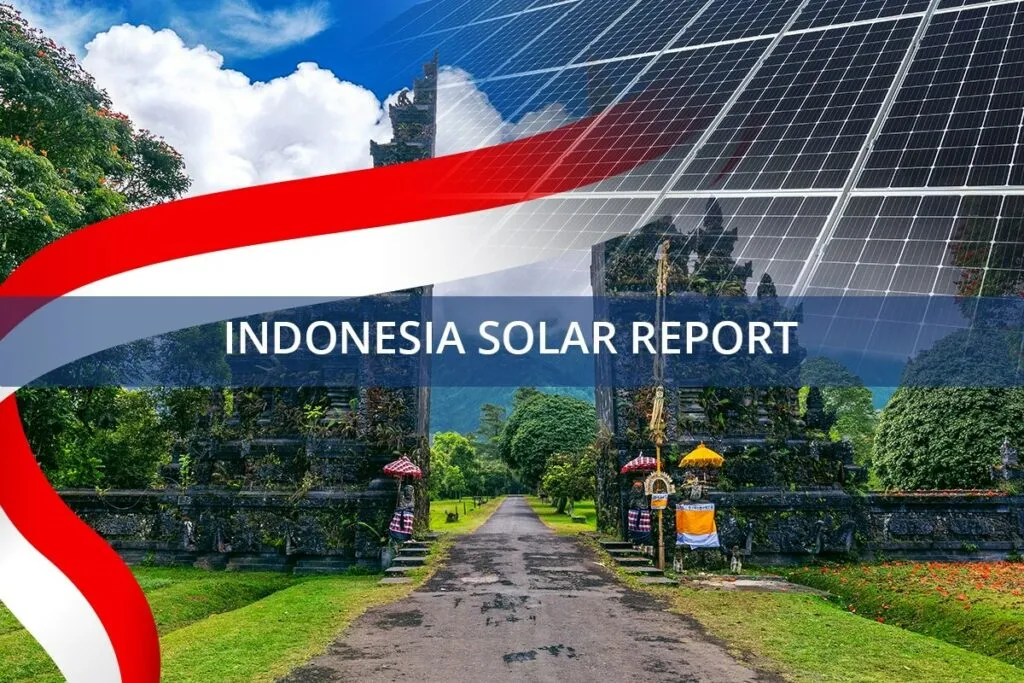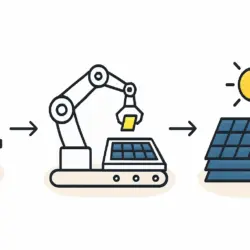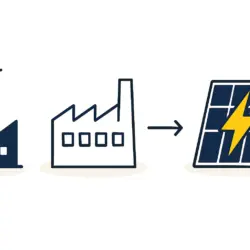Indonesia Solar Manufacturing Capacity Gets a 1.4 GW Boost
Indonesia is set to significantly boost its solar panel manufacturing capabilities with a new 1.4 GW facility under construction in Batam. This factory, a joint venture between domestic and international companies, represents a crucial step toward achieving the nation’s renewable energy targets and reducing its dependence on imported solar panels. The move aligns with a global trend toward localized manufacturing for clean energy, highlighted by projects like the 75MW Tierra del Sol project in Guatemala [https://www.pvknowhow.com/news/guatemala-solar-park-75mw-tierra-del-sol/].
Boosting Batam’s Economy and Reducing Emissions
The new facility will manufacture monocrystalline and polycrystalline silicon solar panels, in addition to solar cells and modules. This comprehensive approach is expected to create thousands of jobs and stimulate the local economy in Batam. At the same time, the increased domestic production of solar panels will help reduce Indonesia’s carbon emissions.
Indonesia Solar Manufacturing and Renewable Energy Ambitions
In 2023, the Indonesian government set an ambitious goal to achieve 23% renewable energy capacity by 2025. This new solar panel manufacturing facility will play a vital role in reaching that target by making solar energy more available and affordable within the country. However, realizing these ambitions requires addressing key challenges in the renewable energy sector, as discussed in articles like “Renewable Energy Barriers: 5 Critical Challenges Revealed in 2025 Report” [https://www.pvknowhow.com/news/renewable-energy-barriers-5-critical-challenges-revealed-in-2025-report/].
Part of a Broader Renewable Energy Strategy
The Batam facility is a key component of Indonesia’s broader strategy to develop its renewable energy sector. The government has also outlined plans to invest in new wind farms, hydropower plants, and geothermal power plants in the coming years, showing a strong commitment to diversifying its energy sources.
Driving Indonesia’s Transition to Sustainable Energy
This new facility marks a significant step toward reducing Indonesia’s reliance on fossil fuels and achieving its renewable energy objectives. The government’s commitment to a sustainable future is encouraging, and the Batam plant is poised to be a key driver in creating a cleaner, more sustainable energy landscape for Indonesia.



